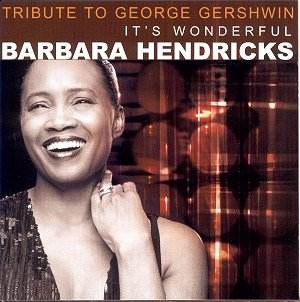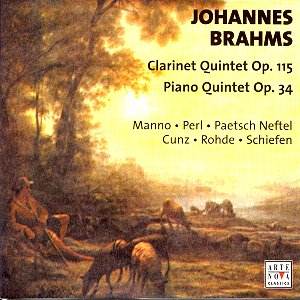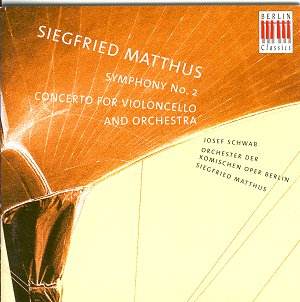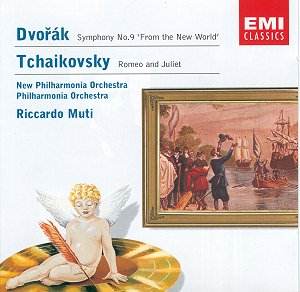 Composer: George Gershwin
Composer: George Gershwin
Works: S’ wonderful, Embraceable you, Oh lady, be good, How long has this been going on?, Somebody loves me, The man I love, Love walked in, Fascinating rhythm, I’ve got a crush on you, I got rhythm, Porgy & Bess medley: Overture (instrumental), Summertime, My man’s gone now, There’s a boat that’s leaving soon from New York (instrumental), Porgy, I’s your woman now, It ain’t necessarily so, I loves you, I’ve got plenty of nuttin (instrumental), Oh Lawd, I’m on my way
Performers: Barbara Hendricks (vocals), Geoffrey Keezer (piano), Ira Coleman (double-bass), Ed Thigpen (drums), Guildhall Strings, Paul Bateman (conductor)
Recording: Recorded at Abbey Road, Studio 1, London, May 2000
Label: EMI Classics
Barbara Hendricks’ “It’s Wonderful: Tribute to George Gershwin” is an ambitious endeavor that aims to meld the impassioned lyricism of Gershwin’s jazz-infused compositions with the operatic prowess of one of today’s distinguished sopranos. Gershwin, whose oeuvre straddles the realms of popular and classical music, crafted songs that demand not just vocal excellence but also an innate understanding of their cultural and emotional contexts. Hendricks’ interpretations, while earnest, often fall short of fully capturing the essence of these iconic pieces.
The recording showcases a selection of Gershwin’s most beloved tunes, beginning with the buoyant “S’ Wonderful” and culminating in a medley that highlights selections from “Porgy and Bess.” Hendricks’ operatic background is both a boon and a hindrance; her voice possesses a gleaming quality that can articulate the text with clarity, yet this same training can lead to a certain rigidity in her delivery. The diction, at times overly refined, sacrifices the conversational ease and spontaneity that Gershwin’s music inherently demands. For instance, her pronunciation of “Summertime” morphs into an elaborate enunciation that obscures the song’s natural beauty, rendering the iconic phrase “Soomerthayme” almost unrecognizable.
Geoffrey Keezer’s arrangements, while polished, introduce a veneer that sometimes overshadows the raw emotionality of the original works. The accompaniment by the Guildhall Strings, though capable, lacks the jazz-inflected swing that would elevate these pieces into the realm of authentic Gershwin. Particularly in “Fascinating Rhythm” and “I Got Rhythm,” the rhythmic vitality feels constrained, as if the orchestra is hesitant to fully embrace the syncopation that defines these tracks. The rhythm section, featuring Ed Thigpen’s drums, occasionally shines, yet it does not consistently drive the ensemble toward the exuberance these songs warrant.
Recording quality is commendable, with the sound engineering capturing the clarity of Hendricks’ voice alongside the instrumental textures. However, the overall mix tends to favor the orchestral elements, leaving Hendricks’ vocal nuances somewhat submerged. This balancing act, while technically proficient, detracts from the intimate connection that should be established between the singer and the listener.
Comparatively, recordings by legends such as Ella Fitzgerald or the aforementioned Ethel Merman reveal a more instinctive grasp of the genre’s idioms. Their performances radiate an authenticity and urgency that this tribute, for all its aspirations, often lacks. Hendricks’ interpretations, while showcasing her formidable vocal technique, appear more like a demonstration of skill rather than a heartfelt homage to Gershwin’s genius.
“It’s Wonderful” serves as a curious exploration of Gershwin’s music through the lens of an operatic singer. While there are moments of charm and technical accomplishment, the overall execution fails to encapsulate the spirit of the originals. The blend of classical training with jazz sensibilities is a delicate balance, and in this instance, the pendulum swings too far into the realm of the operatic, leaving the vibrant, improvisational heart of Gershwin’s work feeling somewhat muted.



